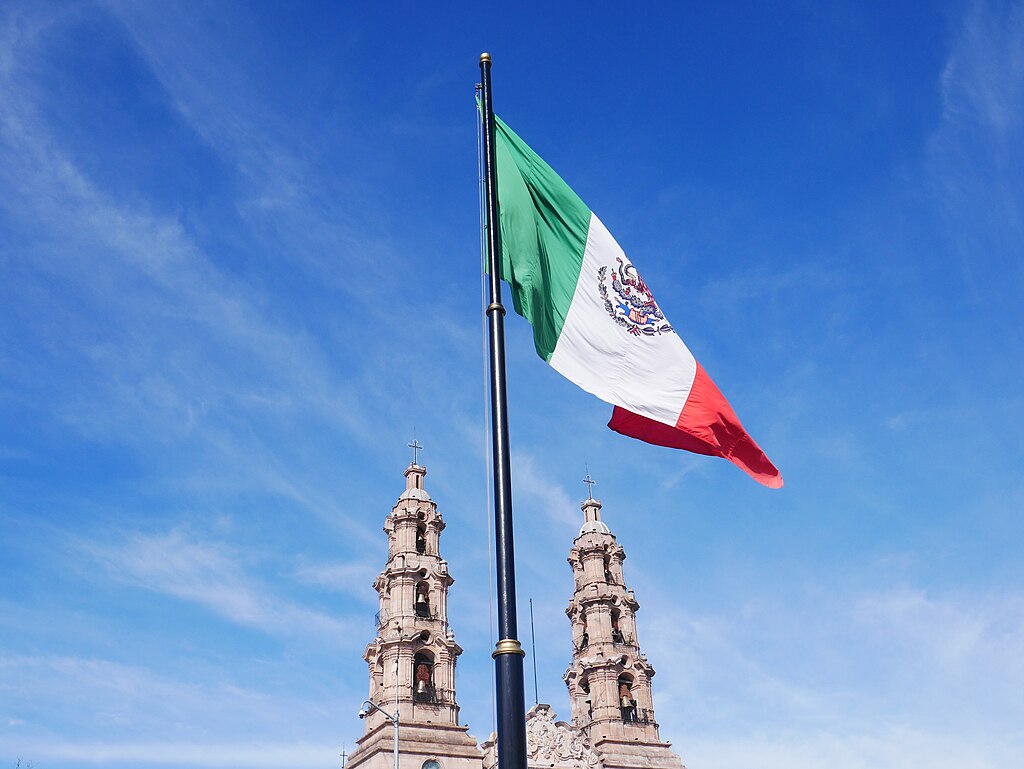Hungary Faces Criticism Over Netanyahu Visit
Hungary's decision to host Netanyahu amid ICC warrant raises international tensions, with human rights organizations urging action and Hungary signaling withdrawal from international treaties.
Published April 04, 2025 - 00:04am

Image recovered from arabnews.com
The recent diplomatic visit of Israeli Prime Minister Benjamin Netanyahu to Hungary has sparked significant controversy and political maneuvering on the international stage. The invitation extended by Hungarian Prime Minister Viktor Orban to Netanyahu comes at a turbulent time, as Netanyahu is embroiled in a legal battle with the International Criminal Court (ICC), which has issued an arrest warrant against him for alleged war crimes committed in Gaza.
Despite the ICC's arrest warrant, Hungary, an EU member state and ratifier of the Rome Statute, which established the ICC, has opted not to comply with the arrest order. This deviation has drawn severe criticism from human rights organizations such as Human Rights Watch (HRW) and Amnesty International, which have both called on Hungary to honor its international obligations and arrest Netanyahu. Liz Evenson of HRW emphatically remarked that allowing Netanyahu's visit would be an affront to the victims of the alleged war crimes.
Furthermore, Hungary's reaction to the ICC arrest warrant has gone beyond refusing to act on it. In a bold diplomatic move, the Hungarian government, as announced by Gergely Gulyas, has decided to begin the process of withdrawing from the ICC. This decision coincided strategically with Netanyahu's visit, symbolizing Hungary's deliberate stance against the ICC's jurisdiction.
The implications of Hungary's intended withdrawal from the ICC are profound, challenging the country's commitment to international legal frameworks and treaties. Critics within Hungary and abroad have raised concerns that Hungary's actions may encourage other nations to sidestep international law, thereby weakening global judicial structures. This potential withdrawal is seen as a manifestation of Prime Minister Orban's contentious governance style, which often aligns with far-right nationalism and critical perspectives on multilateral institutions.
While the legal mechanisms of the ICC are a focal point, the political underpinnings of Hungary and Israel's cooperation are multi-faceted. Orban and Netanyahu have maintained a strong political alliance, driven by mutual interests and political ideologies that emphasize strong national sovereignty and skepticism toward global governance. Observers speculate that Orban's support for Netanyahu could be a strategy to cement bilateral ties and possibly discuss contentious international policies related to the Middle East.
The ramifications of this visit extend into various sectors, including international relations within the European Union. Hungary's defiance of the ICC has plunged it into a more isolated position within the EU, with other member states like France, Poland, Italy, and Germany previously expressing reluctance to enforce the warrant against Netanyahu. This disquiet highlights fractures within the EU regarding foreign policy and the enforcement of international law.
As Netanyahu's visit draws to a close, the discourse surrounding Hungary's adherence to international law, the legitimacy of international tribunals, and the political interplay between EU nations remain hotly debated topics. The impact of Hungary's decisions is poised to echo through future international legal proceedings and diplomatic relations, testing the resilience of the international justice system.







